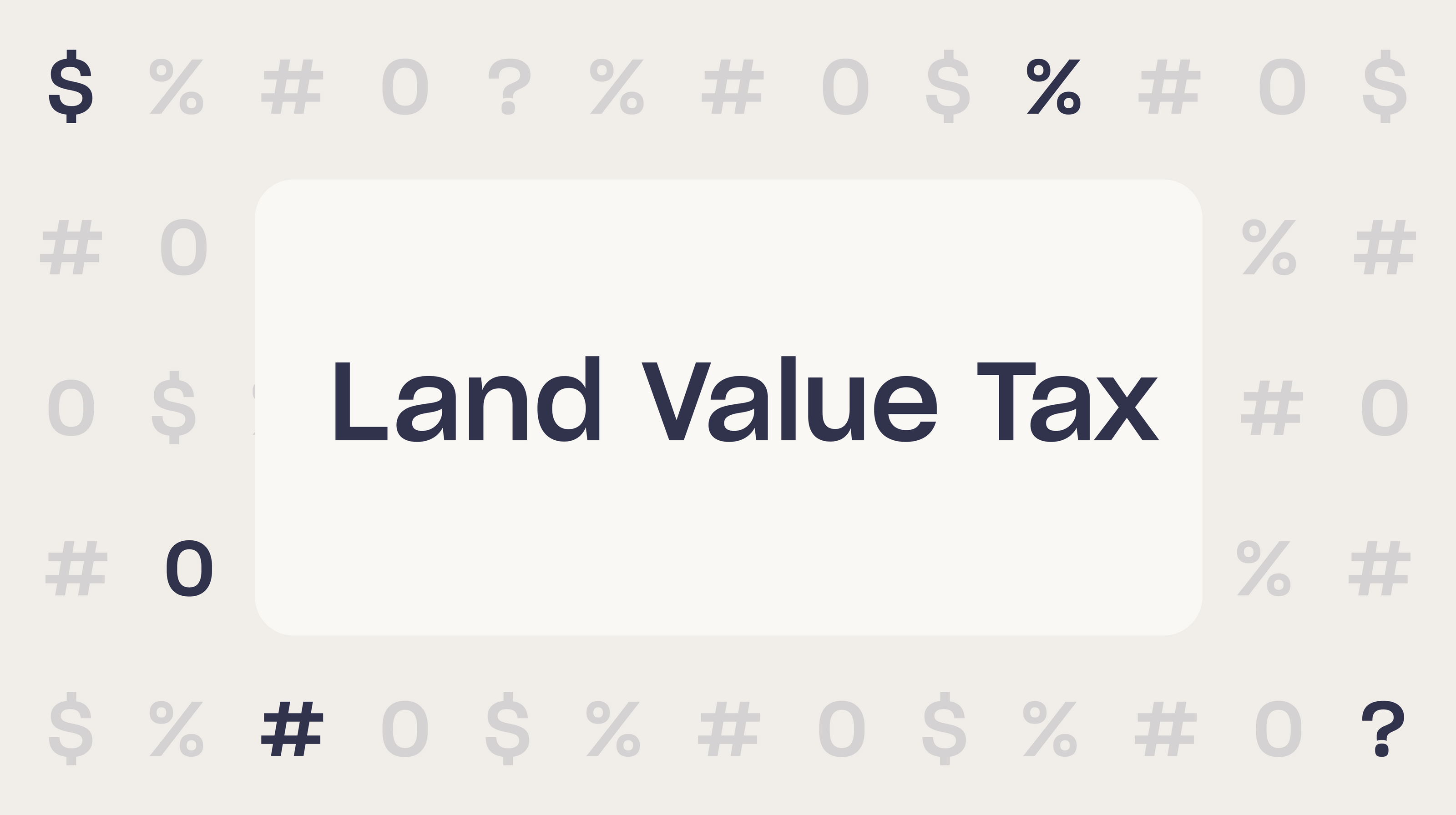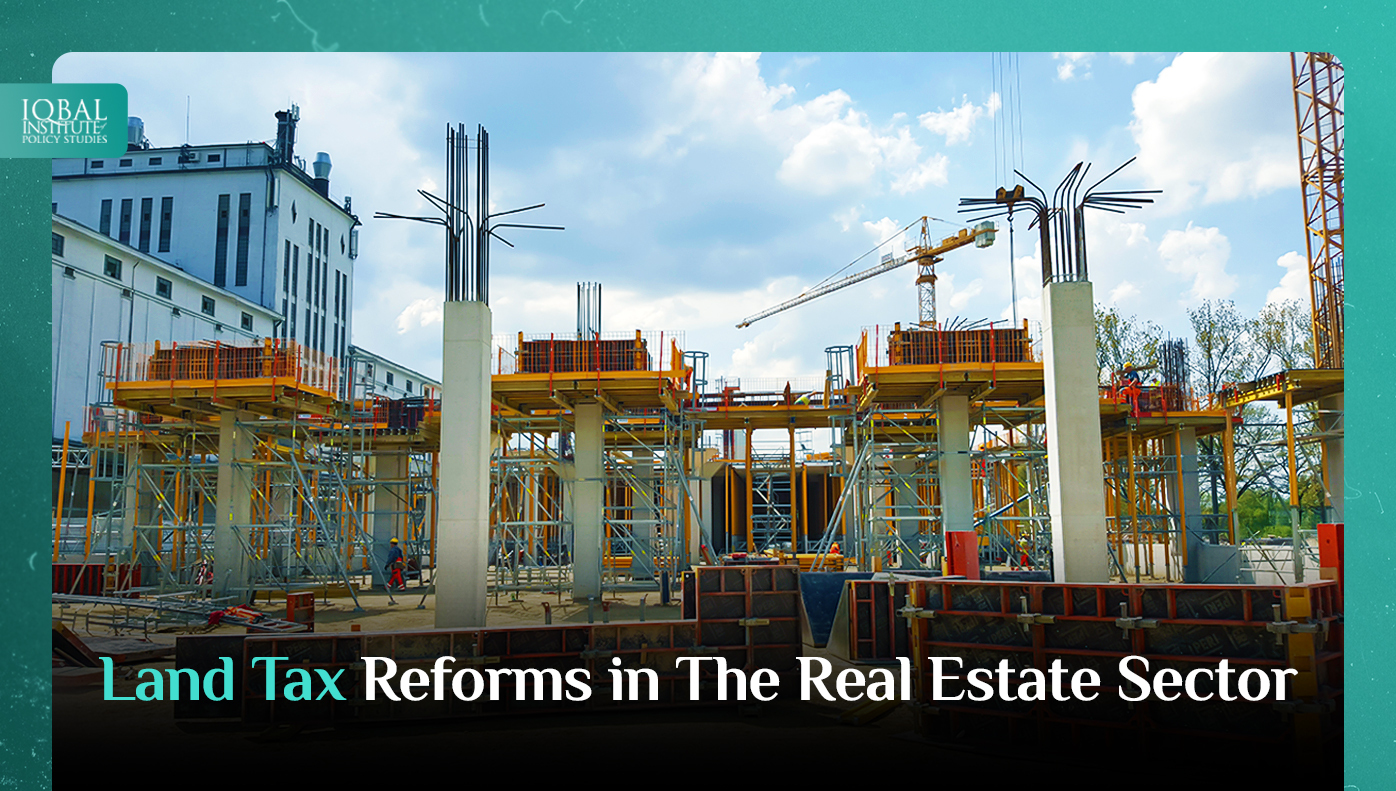Cities and towns across the United States are plagued by a large amount of underutilized land and a sharp housing shortage. Economists and policymakers, like doctors, have prescribed a simple but widely effective remedy that is expected to solve both problems simultaneously, cool down high housing prices, and inject new vitality into struggling communities. The starting point of all this dates back to 1879 when the famous American political economist Henry George published a best-selling work, “Progress and Poverty”. This work, like a mirror, reflected the ruthlessness of industrial capitalism and the hardships of the working class, earning George the enthusiastic support of the general public and making him a hero in their hearts. His thoughts, like a seed, finally took root and sprouted in the long river of history, growing into a far-reaching ideological trend – Georgism. The core idea of this ideology is to allow all people to share natural resources instead of allowing the wealthy elite to monopolize them.

Fast forward nearly 150 years later, urbanologists and pro-development advocates are promoting a proposal called “land value tax” in Georgia as a solution to the housing affordability crisis. The idea is to tax landowners annually based on the value of the land and reduce or eliminate taxes on any development projects, such as apartments, office buildings, or retail stores. Although the political operation of any new tax is quite challenging, the land value tax is quite attractive across the entire political spectrum. Leftists consider this a more progressive tax, while free-market conservatives and libertarians see how effective and conducive to development this tax is. Only a few American cities – as well as countries around the world – are conducting experiments in this regard. More than a dozen cities in Pennsylvania have succeeded in collecting land value taxes.

Since the tax was first collected, new buildings have sprung up rapidly in places like Pittsburgh, Harrisburg, and Allentown. Legislators in Detroit and Minnesota have also proposed various versions of the tax. Detroit Mayor Mike Duggan strongly advocated for increasing the land tax and reducing the tax rate for homeowners as a way to combat blight and encourage construction to increase revenue in a more equitable way.
The land value tax encourages investment and the most efficient use of land – solving the problems caused by the property tax, which taxes land investment. It will incentivize landowners to obtain the maximum income from their properties – for example, building an apartment building instead of a parking lot. Compared to other taxation methods, this tax is undoubtedly more efficient and reflects the principle of fairness. Taxing capital and labor will have a certain suppression effect on both, but land, this resource we rely on for survival, remains unchanged. Since most of the land resources in society are in the hands of the rich and enterprises, the land tax will undoubtedly fall more on these rich people with a large amount of land. Gregor Schwerhoff, an economist in the structure and climate policy department of the International Monetary Fund, pointed out: “The main problem is that the supply of land will not decrease due to taxation, therefore, it will not have much hindrance to economic activities.” This is like in a fertile field, the land tax is like the sparse autumn rain. Although it will make the residents of the field feel a bit of coolness, it will never make this field lose its rich output. Therefore, the land tax is not only a fair tax but also a tax that can improve economic efficiency.
Pure Georgists advocate abolishing all taxes except the land value-added tax. But most supporters won’t do this. Instead, they hope to see more regressive taxes (such as sales taxes) or taxes that punish investment (such as real estate taxes) reduced. Those who have no land or whose land value is not high will gain huge benefits under this plan. Shane Phillips, a housing researcher at the Lewis Center for Regional Policy Studies at the University of California, Los Angeles (UCLA), said, “If you can reduce your sales tax to a certain extent and replace it with the land value tax, this will be a huge victory for the progressive cause or the fair cause, because these taxes are disproportionately paid by the poorest families.”